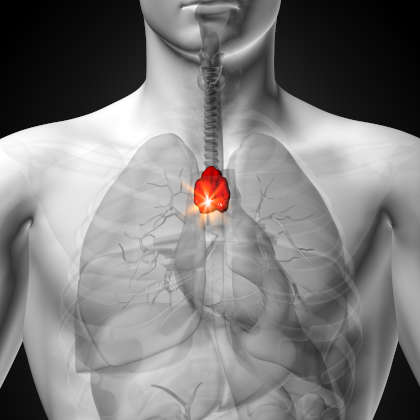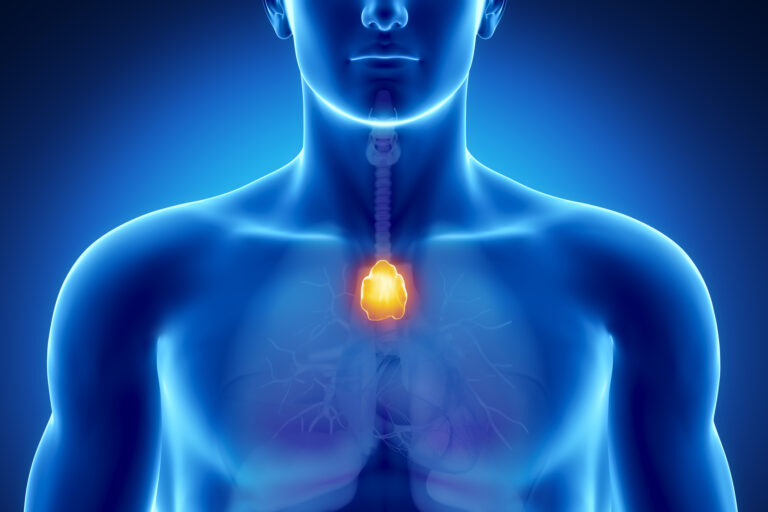
По данным Американского фонда миастении, около 36 000–70 000 человек были диагностированы с этим недугом. миастения гравис (MG) только в Соединенных Штатах.
Поговорите со специалистом о помощи в доплате
Миастения гравис — это аутоиммунное неврологическое заболевание, вызывающее сильную мышечную слабость, которая впоследствии может привести к дыхательной недостаточности, поскольку мышцы, отвечающие за поддержание дыхательных путей открытыми, повреждаются.
Хотя точная причина, вызывающая это неврологическое состояние, остается неясной, считается, что в возникновении миастении участвует сочетание генетических, иммунологических, экологических и физиологических факторов.
Ниже мы перечислили некоторые причины миастении, которые, как считается, способствуют возникновению этого заболевания.
Причины миастении гравис
Несколько распространенных факторов, таких как возраст, нарушения вилочковой железы, иммунная атака, инфекция (вирусная или бактериальная), иммунизация или, реже, хирургическое вмешательство, могут спровоцировать начало миастении. Однако среди всех факторов иммунная дисфункция играет значительную роль в начале и прогрессировании миастении.
Давайте обсудим механизм, посредством которого иммунная система и другие факторы вызывают это неврологическое состояние.
Дисфункция иммунной системы
В нормальных условиях иммунная система защищает ваш организм от вредоносных патогенов, вырабатывая антитела, которые их обнаруживают и убивают. Однако, когда иммунная система становится дисфункциональной, она начинает атаковать ваши здоровые клетки, принимая их за чужеродные патогены.
При миастении иммунная система атакует нервно-мышечное соединение (область, где соединяются и общаются нерв и мышца). У здорового человека ацетилхолин связывается с ацетилхолиновым рецептором (AChR) в этом соединении мышечных клеток, что впоследствии вызывает сокращение мышц. Однако при МГ иммунная система вырабатывает аутоантитела, которые блокируют белок ацетилхолинового рецептора.
Когда аутоантитела связываются с ацетилхолиновыми рецепторами (AChR), способность рецептора воспринимать химический сигнал, ацетилхолин, снижается. В результате, из-за недостаточного или низкого уровня химических сигналов, мышцы не сокращаются. Поэтому люди с МГ испытывают сильную усталость и сильную мышечную слабость.
Аномалии вилочковой железы

Аномалии в тимусе также связаны с МГ. Обычно тимус регулирует развитие Т-клеток (тип иммунных клеток) и обучает их отличать здоровые клетки организма от вредных патогенов. Эта железа постепенно растет до полового созревания, затем уменьшается и заменяется жирами.
Иногда вилочковые железы остаются большими даже после полового созревания и трансформируются в раковые клетки. Исследователи полагают, что возможно, что когда вилочковая железа не работает должным образом, развивающиеся Т-клетки теряют способность различать здоровые и вредные клетки. В результате они атакуют здоровые клетки и ткани организма.
Например, в 15% случаев, у людей с МГ есть опухоль тимуса (или тимома), и в 75% случаевУ людей с МГ наблюдаются аномалии тимуса (гиперплазия тимуса).
Возраст
Возраст является фактором риска для МГ. Молодые женщины в возрасте 30 лет и мужчины в возрасте 60-70 лет наиболее склонны к развитию МГ. Чаще встречается у взрослых; однако МГ может быть диагностирована и у детей.
Вирусная или бактериальная инфекция
Вирусная или бактериальная инфекция также может вызвать или способствовать возникновению симптомов миастении. Иногда бактериальные или вирусные белки имитируют структуру белка ацетилхолинового рецептора (AChR), что стимулирует иммунную систему атаковать здоровый белок AChR.
Например, в отчет о случае, У трех пациентов без предшествующей истории неврологического состояния проявились симптомы миастении гравис в течение 5–7 дней после начала инфекции COVID-19. Исследователи подозревали, что антитела, вырабатываемые против белков COVID-19, могут перекрестно реагировать с субъединицами ацетилхолинового рецептора, что приводит к началу МГ.
Получите финансовую помощь
Генетика
Хотя МГ не является наследственным заболеванием, возможно, что если у человека есть какие-либо аутоиммунные заболевания, такие как ревматоидный артрит или гипертиреоз, они также могут быть восприимчивы к развитию МГ. Однако исследования связи аутоиммунных заболеваний с МГ все еще продолжаются.
Заключение
Миастения гравис или МГ — это сложное неврологическое состояние, которое может быть вызвано множеством факторов, включая дисфункцию иммунной системы, аномалию вилочковой железы, возраст, инфекцию или генетику. Однако необходимы дальнейшие исследования, чтобы понять, как каждый фактор может вызывать миастению гравис, чтобы разработать эффективные стратегии лечения.
ССЫЛКИ:
- Клинический обзор миастении гравис | MGFA. https://myasthenia.org/Professionals/Clinical-Overview-of-MG#:~:text=other%20autoimmune%20disorders.-,Epidemiology,cases%20in%20the%20United%20States.
- Миастения гравис. Национальный институт неврологических расстройств и инсульта. https://www.ninds.nih.gov/health-information/disorders/myasthenia-gravis
- Суреш, А.Б., и Асунсьон, Р.М.Д. (8 августа 2023 г.). Миастения гравис. StatPearls – NCBI Bookshelf. https://www.ncbi.nlm.nih.gov/books/NBK559331/#:~:text=Myasthenia%20gravis%2C%20similar%20to%20other,immunization%2C%20surgeries%2C%20and%20drugs
- Фармакидис К., Паснур М., Димачки ММ и Барон Р.Дж. (2018). Лечение миастении. Неврологические клиники, 36(2), 311-337. https://doi.org/10.1016/j.ncl.2018.01.011
- Джаям Траут А., Даби А., Солиман Н., Курукумби М. и Кальянам Дж. (2012). Миастения гравис: обзор. Аутоиммунные заболевания, 2012. https://doi.org/10.1155/2012/874680
- Дрессер, Л., Влодарски, Р., Резания, К. и Соливен, Б. (2020). Миастения гравис: эпидемиология, патофизиология и клинические проявления. Журнал клинической медицины, 10(11), 2235. https://doi.org/10.3390/jcm10112235
- Рестиво Д.А., Сентонзе Д., Алесина А. и Марчезе-Рагона Р. (2020). Миастения гравис, связанная с инфекцией SARS-CoV-2. Анналы внутренней медицины, 173(12), 1027-1028. https://doi.org/10.7326/L20-0845












